The SBS National Languages Competition 2019 is an SBS Radio initiative to encourage and celebrate a love of learning languages in Australia. Visit sbs.com.au/nlc19 to enter.
'They took a piece of Russia with them'
Tatiana Hartung speaks proudly of her ancestors and remembers all the important dates and details of their migration journey from Russia to China, then Australia.
“If we look at the family tree branch of our father, Sergei Semenovich Burovnikov, our family left Russia 114 years ago. His father - our grandfather - fought in the Russo-Japanese War, was seriously wounded and brought for treatment to Harbin in 1905."
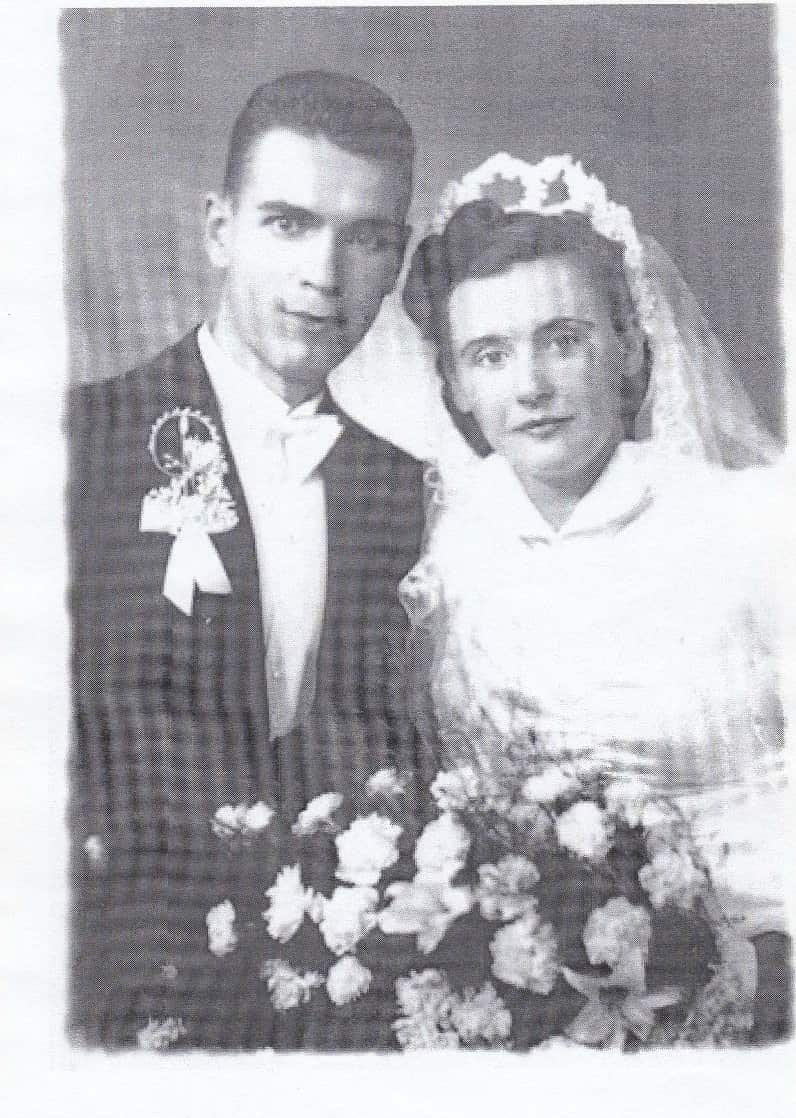
Harbin was then a unique Russian city in China, which had been mostly built by the Russian Empire in a special deal with China, and then became an enclave for the 'White Russians' after the 1917 revolution.
Tatiana says it was a place where "people who left Russia after the Revolution took a piece of their homeland.”
“Our father was born in China, my sister and I were born there too,” Tatiana continues. “But, in fact, we grew up in the Russian environment because even the curriculum at school was from the Soviet Union."
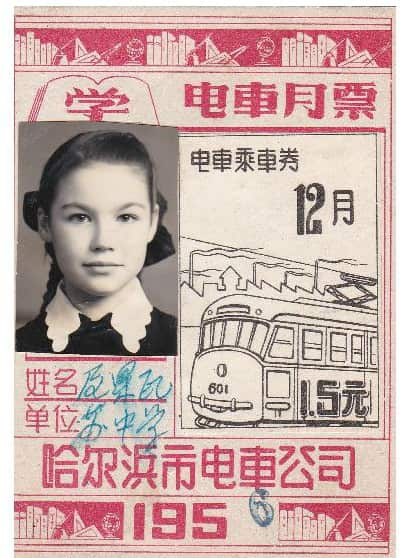
Back to the USSR?
In 1957, Tatiana remembers, the Chinese government allowed Russians to leave for Australia, and about 2,000 Russian people moved from China that year, including the Burovnikovs with their daughters Tatiana and Vera.
“Until 1957, they didn’t let us leave and tried to force us to go to the USSR to develop virgin lands," she says. "Only when the relations between the Soviet and Chinese governments cooled did we have an opportunity to leave.”
Tatiana recalls the tears she shed in Australian school because of her poor English.
“I cried a lot in my English classes, but I hoped I would at least be good at mathematics. When I got the maths test results, I returned home in tears again, because I used the metric system, not shillings and yards.”
Russian school, from generation to generation
Tatiana remembers her mother, Vera Nikolaevna Burovnikova, as the main force preserving the Russian language in their family. Nicholas Maximov, grandson of Vera and Tatiana's nehpew, agrees.
“I remember always speaking Russian with my babushka [grandmother]. Of course, I also attended Russian school, where now I am the chairman of the parent committee, and where my children study today. The same teachers who taught me teach my children.”
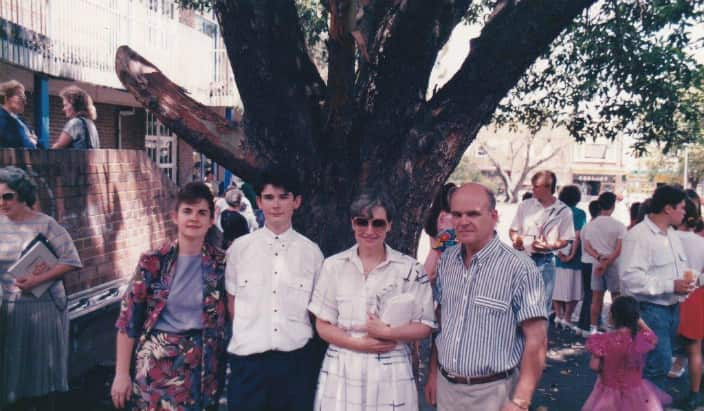
Established in 1971, the St. Alexander Nevsky School in Homebush, Sydney is one of the largest and oldest Russian schools in Australia with about 200 students. The school is famous for its traditional Debutante Balls, continuing a Russian tradition of 'White Balls' that were held in Russia before the 1917 Russian Revolution, which saw that tradition extinguished in the country.
Yulia Maximov, Nicholas’ wife, came to Australia in 1993 from Sakhalin, an island in Russia's Far East. She fully supports her husband’s desire to preserve the Russian language in the family.
“New migrants, with no such experience, don’t realise how easily language can be lost,” she says.
“Russian schools were founded by the Harbin immigrants who really cared about their native language. They considered a community school a very important aspect of language preservation because it provides children with some structure in learning."
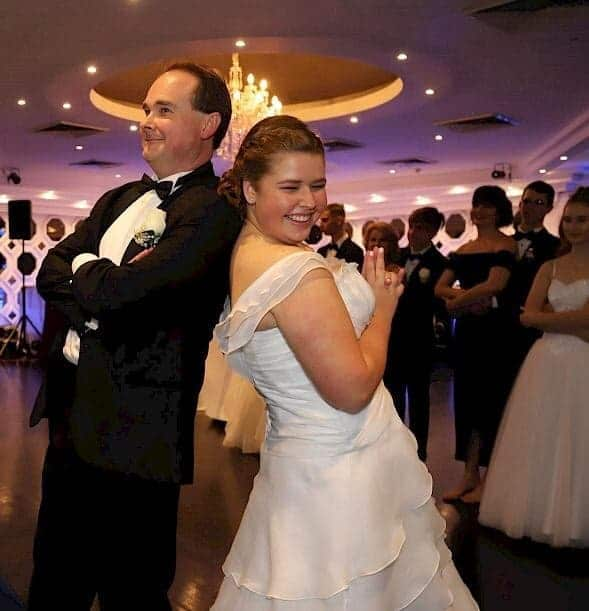
Nicholas and Yulia have two kids, Alexei, who has already graduated from Russian school, and Anastasia, who is in her final year.
“Russian has always been like a secret language between me and my sister,” Alexei says.
Speaking in fluent Russian, Anastasia says it's crucially important to understand your family history, which is itself closely connected to language.
“My children will speak Russian,” she says with confidence. “And when my dad gets old, I will take over his film festival project, because I want it to continue.”
Cinema helps keep Russian alive in the next generation
One significant project of this family is the Russian Resurrection Film Festival, which Nicholas has directed for 16 years. Now taking place across different cities in Australia and New Zealand, Nicholas says the inspiration for the festival came from an unlikely source: the then NSW Premier Bob Carr.
“I was the director of Russian club at that time and attended the premiere of the film 'Russian Ark'. Bob Carr, then Premier of NSW and a big fan of Russian cinema, expressed his interest in more Russian films to be brought to Australia. I replied, ‘Give us some funding and it’s done!'”
Today, Russian Resurrection is the largest and most distinguished Russian language film festival outside of Russia, drawing large audiences every year.
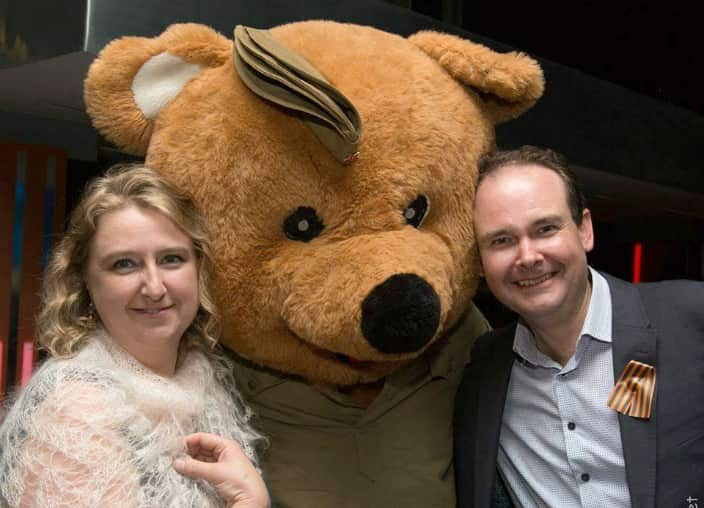
Running this project takes a lot of time and energy for the family and Nicholas, Yulia says, but they understand its special mission.
“It gives the children of migrants an opportunity to see the Russian language in use. Cinema is the best way to introduce language and culture, as modern kids don’t read books, but they love movies. With this project, Nicholas wants to pass his love of Russian culture to the younger generation of Russian-speaking Australians”.
And speaking in Russian to her grand nephews today, Tatiana is also thankful for the multicultural policies of Australia.
“Australia's multicultural policies are very important, with the government encouraging and supporting ethnic schools. And most importantly, the children here do not feel like outcasts when they speak another language. On the contrary, they are proud that they know two or three languages. It is great!”
